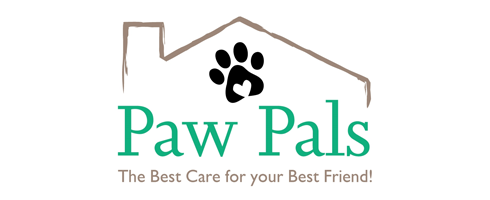A true pet owner would do just about anything for their pet, and as the modern age is upon us, pet care has seriously evolved. From engaging your pet to administering medications, the way in which we care for our animals is changing. Pet owners are now taking on advanced pet care tasks that were once only afforded to vets, mostly due to cost inflation.
Advanced Pet Care
Advanced pet care is any form of regular care you give to your animal, with the addition of medical and/or other complicated tasks. Understanding what your limitations are, is important for your pet’s overall health. The following are some trends in advanced pet care for 2016:
Pet Sitting
What once seemed like an expensive development for the rich— pet sitting has become an affordable option for concerned pet owners. As pet care advances, people have become more aware of their animal’s emotional well-being. Rather than leaving the TV on for your dog, pet owners are turning to agencies to hire sitters. This type of service ensures that furry friends are engaged and well kept throughout the day.
Duties can stretch far beyond simply petting and walking your animal. Modern pet sitters can keep a log of different feedings, daily behavior, and scheduled exercise. Depending on a client’s needs, additional services can be provided like bathing, grooming, and overnight companionship. It is rare to find an agency that will administer medication, so if your pet has special needs, it’s best to ask the facility specifically.
First-Aid Training
Just like humans, pets can also experience emergency situations. In the past, most owners would look on in horror—feeling helpless. Modern healthcare techniques have been adapted to form first-aid processes that can now be applied to pets.
There are several resources online that offer same day certifications for animal first-aid. The classes are not only designed for pet care professionals but really anyone that wishes to know how to act in the event of an emergency. Part of advanced pet care for 2016, is knowing how to save your dog or cat’s life, and being certified to do so.
Administering Medication
Every pet owner has probably had to force their dog or cat to swallow a pill at some point in time. As the costs of vet visits reach astronomical proportions, pet owners have taken to home-remedies. Administering important medications that they once could have only done at the vet’s office, is becoming a commonplace home practice in 2016.
In addition to prescribed medication, people have taken to vaccinating their pets as well. This involves a whole other complicated process of injecting your animal. Knowing how to store and administer these types of medications properly is something pet owners should not take lightly.
When vaccinating your own animal, you must follow a strict schedule, and monitor them for any adverse reactions. Each vaccination has a different timeline, so make sure if you plan on injecting your pet at home, you still discuss this with your vet.
Training
Exercise is an important part of pet care, and training your pet to do a new trick or task, is a fun way to get them moving. Nose work is an advanced form of pet training that involves awakening your pet’s senses. It is said to build both confidence in your animal, as well as stimulate brain activity.
Nose work was taken from the program used to train K9 units and involves slowly training your pet to smell objects across greater distances. This type of owner-to-pet play is indicative of the types of advanced pet care for 2016. It’s not just about playing fetch anymore.
As humans evolve, so do our relationships with other animals in the world—particularly our pets. Understanding their needs involves a deeper form of empathy than people once believed was needed.
Our Pets Deserve to be Healthy AND Happy!
Just like human beings, pets need to feel engaged and secure to live a happy and stable life. If we are going to continuously refer to them as “our children,” it’s time we start making strides to treat them that way.


